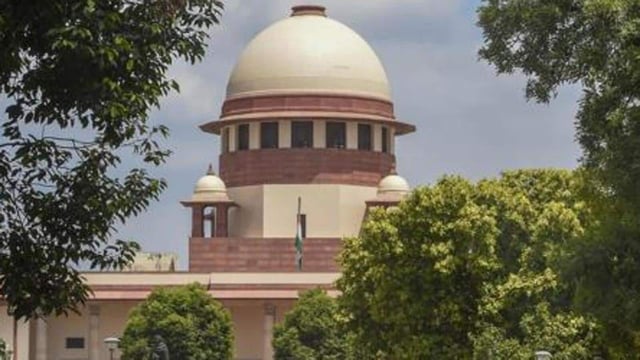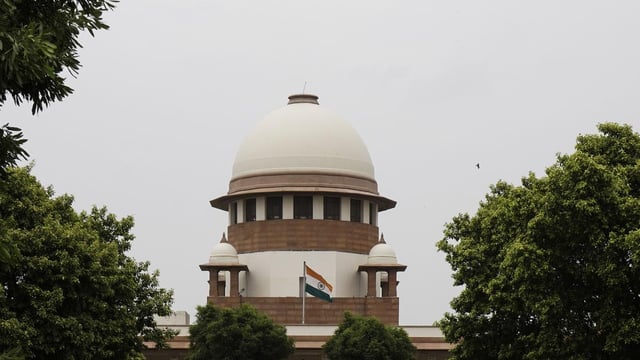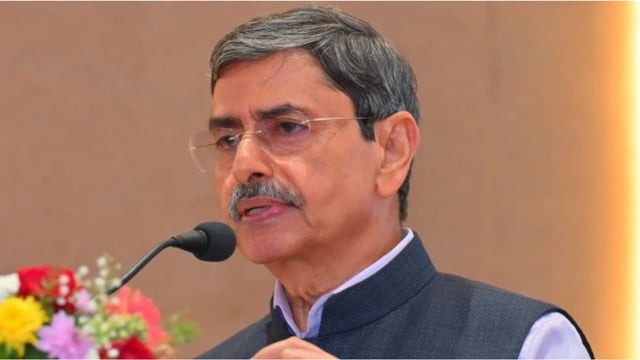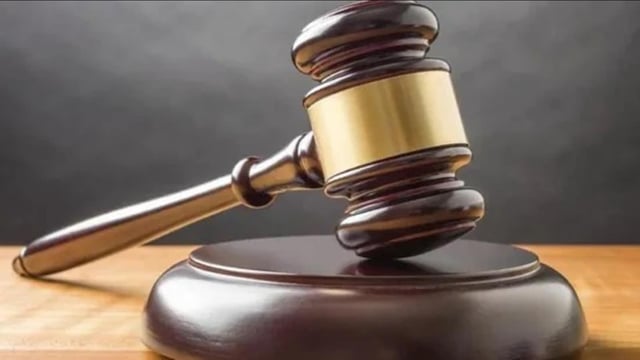Overview
- Chief Justice B. R. Gavai’s five-judge bench opened arguments by permitting Tamil Nadu and Kerala to oppose maintainability and asked why the President seeking the court’s view should be contested.
- The court clarified the advisory reference will not review or overrule the April 8 Tamil Nadu judgment that set deadlines and invoked deemed assent.
- Attorney General R. Venkataramani and Solicitor General Tushar Mehta argued that the Constitution deliberately omits fixed timelines and that Article 142 cannot create a doctrine of deemed assent.
- The bench pressed the Centre on bills reportedly pending with governors since 2020, asking what a constitutional court should do in such circumstances if prolonged inaction persists.
- The hearing will continue, with a multi-day schedule already set, and related petitions such as Punjab’s challenge to delayed assent are being held over pending the advisory opinion.



